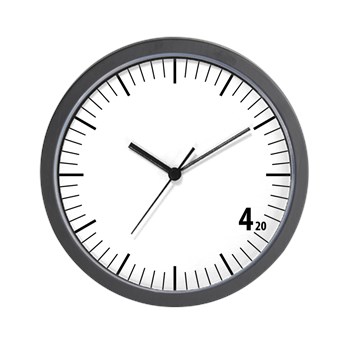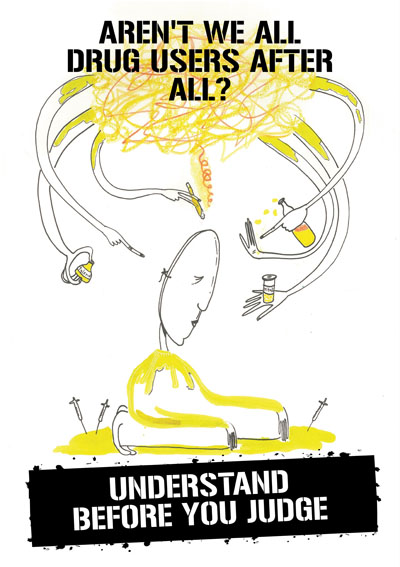Some may remember my run-ins in the past with Ashley Halsey III, a lazy stenographer who writes things down for the Washington Post.
See:
- Washington Post Reporter Bamboozled by Drug Czar
- Ashley III Halsey – how the drug czar uses lazy reporters
- Ashley Halsey III again exemplifies bad journalism
Well, Ashley is writing down information that’s been fed to him about marijuana and driving, still without reporting, but now his sources are slightly better.
Unlike alcohol, it’s tough to set DUI limits for marijuana
There is a legal limit for drunk driving, but when it comes to marijuana, new research shows it may be impossible to say just how high is too high to drive.
There’s no breathalyzer for pot, and researchers say blood tests are useless when it comes to telling whether someone who has been smoking is fit to drive. […]
A report by researchers at the AAA Foundation for Traffic Safety said there is no threshold that indicates when a marijuana smoker may be too impaired to drive.
“There is no reliable number that has any meaningful value in terms of predicting impairment,†said Jake Nelson, AAA’s director of traffic safety and advocacy.
So far, so good. This is actual factual data about a subject that we’ve known for some time – that simply measuring nanograms says very little about impairment – that it’s more a matter of individuals and tolerance.
The only quibble with this section the discussion about the fact that with specific limits there’s the danger that someone who is under the limit but still impaired would get off, but no balancing statement about someone being over the limit and not impaired being persecuted. Naturally, Halsey never thought to consider that side of the question.
Then he continues…
The second report released by the AAA Foundation this week examines the effect of marijuana use in Washington state, where recreational use has been legal for more than three years.
Yes….
Still, the report found that in 2013, 8 percent of drivers in fatal crashes tested positive for marijuana use. In 2014, the number more than doubled to 17 percent.
Sigh…
“Of all the fatal crashes in the state, the proportion that involved a driver that had recently consumed marijuana more than doubled in one year,†Nelson said. “That doesn’t say that people who had smoked marijuana and got behind the wheel were responsible for an increase in fatal crashes. It means that recent marijuana use is a growing contributing factor in traffic crashes that kill people.â€
No. It simply means that more people are testing positive for marijuana – it says nothing about contributing factors.
The good news is that the reports coming out from government officials, while still bad, are less blatantly manipulative, so that media stenographers have fewer opportunities to screw up the facts.



